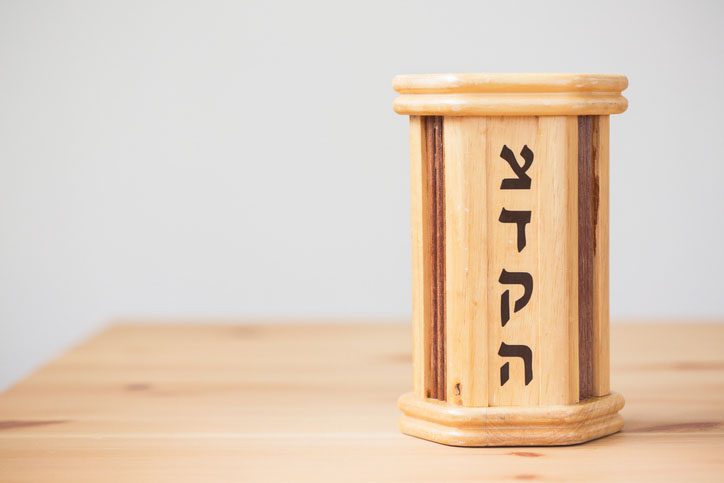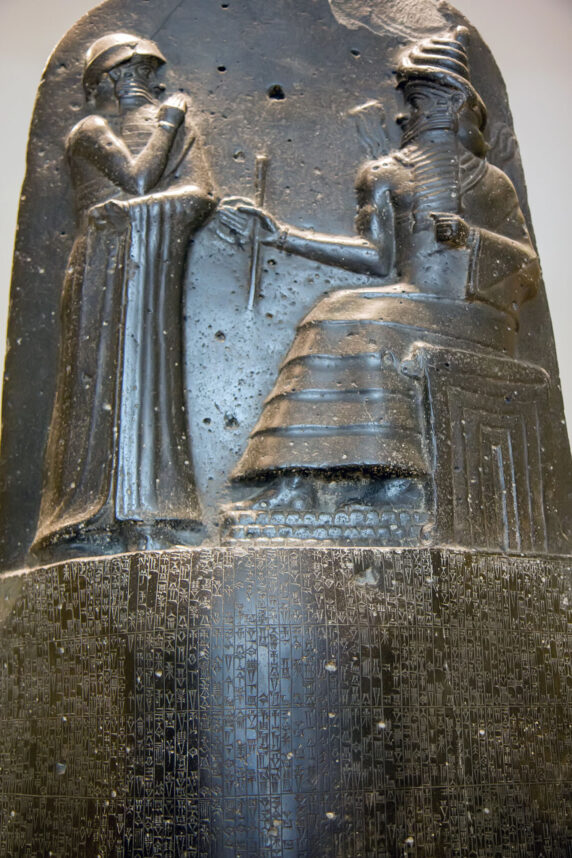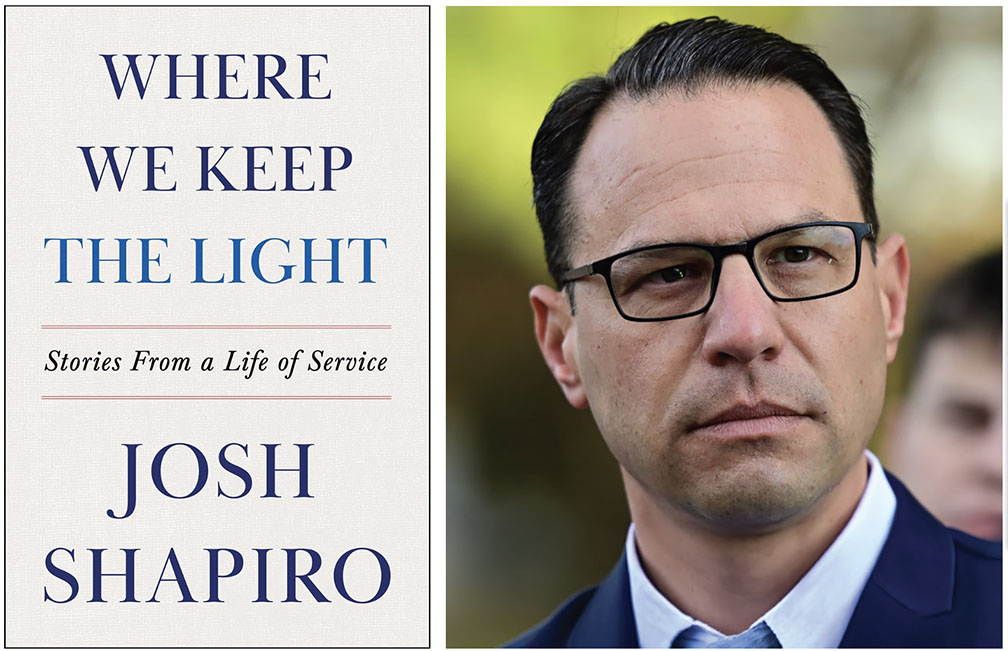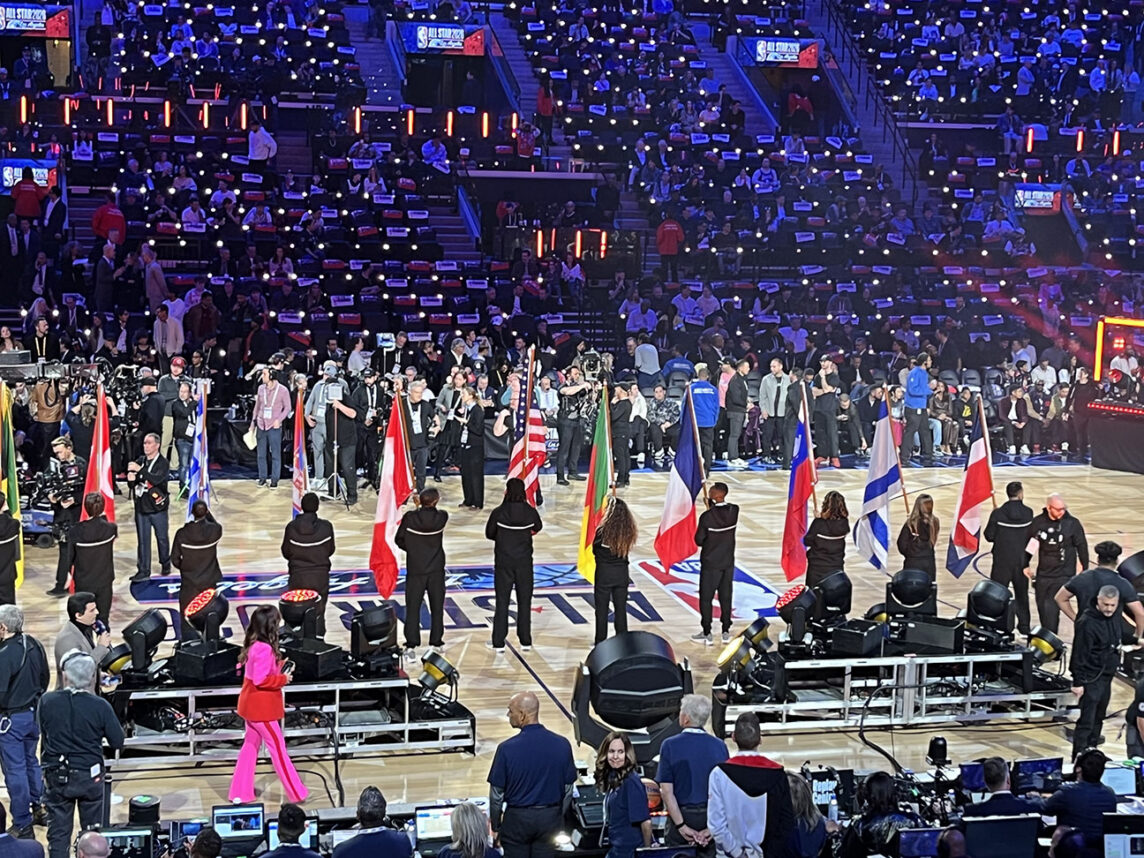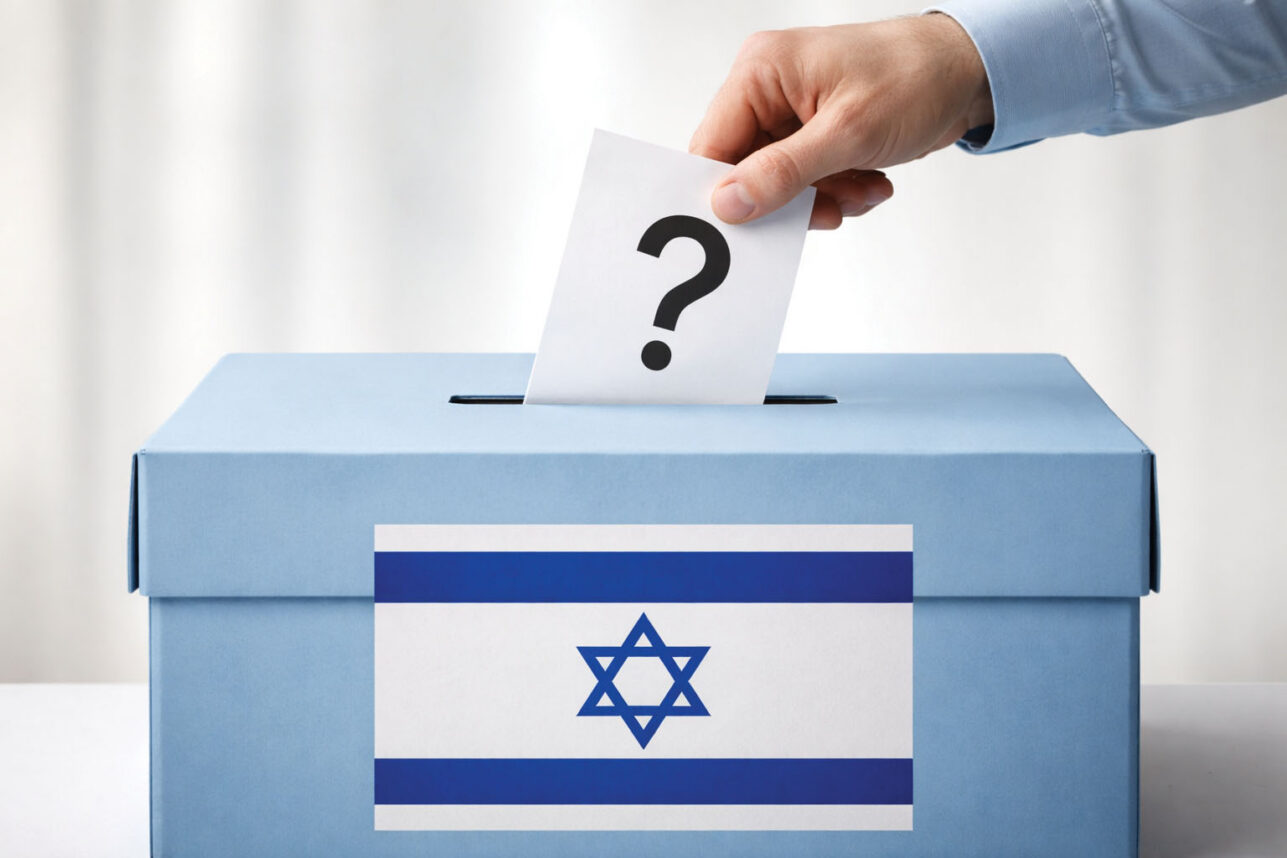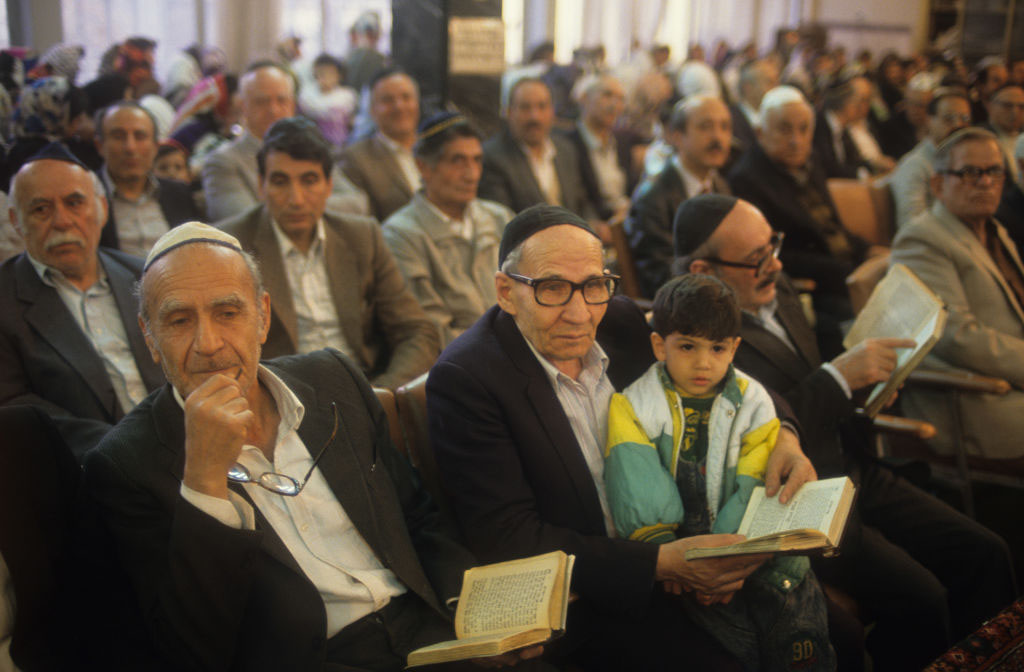
When last week’s version of this column was published, the most conspicuous news story in the Middle East was the nascent ceasefire between Israel and Hezbollah. That seems like much more than seven days ago.
At this time last week, rebel troops in Syria had just taken control of the city of Aleppo and exposed potential weaknesses in the regime of Bashar Al-Assad. But now, Assad has fled his country for sanctuary in Moscow, the insurgents have assumed control of the country, and the face of the Middle East has changed more dramatically than we have seen since Saddam Hussein was overthrown in Iraq more than 20 years ago. Both Russia’s and Iran’s reputations as regional power players have been damaged and the emerging power vacuum carries incalculable repercussions for Israel, the Middle East and the world.
Both Russia’s and Iran’s reputations as regional power players have been damaged and the emerging power vacuum carries incalculable repercussions for Israel, the Middle East and the world.
It’s impossible to predict in these early and volatile days what sort of relationship will develop between the Jewish state and the multi-headed coalition that may now rule Syria. The Hayat Tahrir al-Sham (HTS) organization, which led the uprising, has its roots in Al-Qaeda and is classified as a terrorist group by both the United States and the United Nations. But while Turkey, HTS’ biggest supporter, is certainly no friend of Israel, President Recep Tayyip Erdogan has exhibited a greater willingness to engage with the international community than Iran’s mullahs. Israeli leaders have voiced optimism about their ability to work with secular members of the insurgents’ coalition, most notably the Kurds and Druze, who appear to be more tolerant of Israel’s existence than either Assad or his backers in Tehran.
Syria may end up devolving into several regional factions, all competing for power with different agendas and different allies and enemies. Less likely but still possible would be for them to form some type of unified national governing structure, although such an arrangement would almost certainly struggle with similar internal rivalries and disagreements. But even if the animus toward Israel does remain, Syria will no longer have the unity or the firepower to represent the type of threat that has been the case throughout the Assad dynasty and for many years before. (Weakened and divided enemies are still enemies, but potentially less menacing ones.)
The new Syria will no longer be the reliable ally to Iran as it has been under Assad. The so-called Axis of Resistance that Iran’s leaders built to support and protect their interests, primarily their aggression toward Israel, is in shambles. Lebanon is a failed state, and its destroyer Hezbollah is now reeling under Israeli attacks. Syria’s transformation means it will no longer provide easy access for Iranian weapons to Hezbollah, and Hamas, the Houthis and West Bank Palestinian resisters will be more isolated as well. The Middle East is still definitely not safe for Jews or the Jewish state, but it is much less perilous than has been the case for some time.
The even bigger question is how Iran responds to its newly vulnerable status. To be clear, the ayatollah now has no clothes. Stripped of protection from proxy terrorist organizations and puppet states, Iran has never been more exposed. This may motivate its leaders to accelerate its push for nuclear capability, knowing that their conventional weapons’ arsenal can no longer protect them. It may also convince them to move more aggressively toward a rapprochement with Saudi Arabia. Their negotiations with the Saudis last year yielded only small amounts of progress but China, who facilitated those talks, is eager for a larger footprint in the Middle East and would be happy to encourage further conversation.
A true Saudi-Iran alliance is the one possible outcome that could put the Jewish state in much greater danger. Israel can’t afford for Iran to strike that deal first. So Israel’s own discussions with Saudi Arabia must now take on an added level of urgency. Since last Oct. 7, the two countries have been gridlocked over the question of a Palestinian state. The impetus for Israel to break that logjam is now much greater than it was only one week ago.
Dan Schnur is the U.S. Politics Editor for the Jewish Journal. He teaches courses in politics, communications, and leadership at UC Berkeley, USC and Pepperdine. He hosts the monthly webinar “The Dan Schnur Political Report” for the Los Angeles World Affairs Council & Town Hall. Follow Dan’s work at www.danschnurpolitics.com.

















